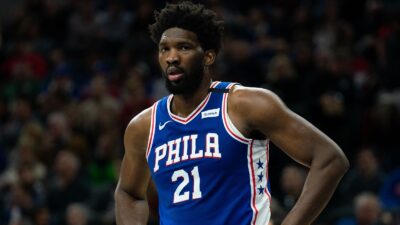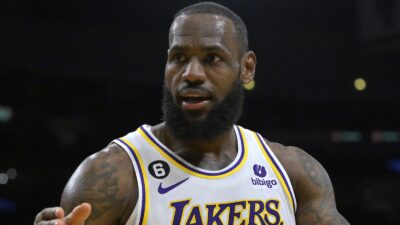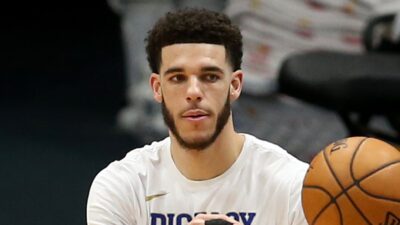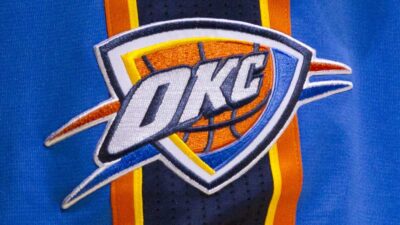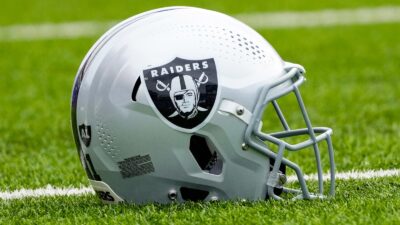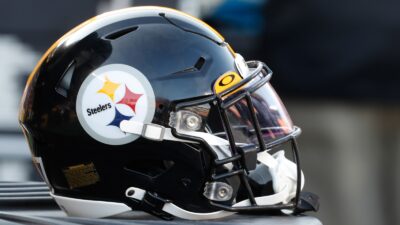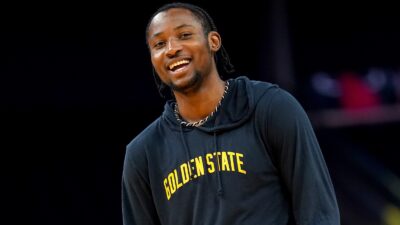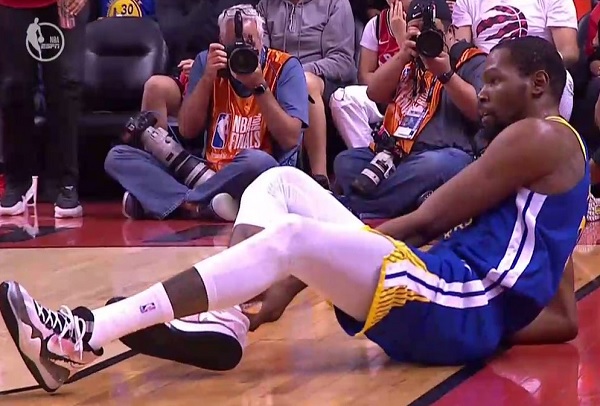
Kevin Durant going down with an Achilles’ tendon injury during Game 5 of the NBA Finals was an absolute worst outcome nobody wanted to see. The guy was trying to grit through an injury and lead his team to a championship, was playing well, but went down early in the second quarter with an injury. Golden State Warriors President of Basketball Operations Bob Myers said after the game that Durant had been medically cleared to play and nobody was to blame for the unfortunate outcome. Regardless of what he says, the Warriors were still irresponsible in their handling of Durant’s injury and return.
First, let me get this out of the way: the decision to allow Durant to play in Game 5 was not necessarily irresponsible. Without knowing more information about who did or didn’t want him to play, if Durant wanted to play and was refusing to be told no, he has the power to override any medical recommendation.
Where the Warriors erred was with the way they handled Durant’s return.
They gave him no minutes restriction and made him the focal point of the offense, asking him to do everything as if he had never missed a game. That was entirely too much for a guy playing his first game in over a month, with limited practice time, who had just suffered a setback 3-4 days earlier. When DeMarcus Cousins returned from his quad injury, he was eased into action and had a minutes limit. That is typical for a player returning from a lower body injury to avoid aggravating it.
Also consider that Durant tried to work out and play in Game 4 on Friday night but was not able to do it, which was described by Brian Windhorst as a setback. ESPN’s Jalen Rose also said before Game 4 that Durant’s workout the day before did not go well. He said he felt like Durant might not return for the series.
Jalen Rose says he watched Kevin Durant’s work out yesterday and thinks there’s no way he’s coming back this year. #NBAFinals pic.twitter.com/JcL5dFVQxR
— Pros and Joes (@ProsAndJoesPod) June 8, 2019
“I’m really familiar with the setup, workout that KD had yesterday with the team,” Rose said, “and I’m going to tell you guys, it didn’t go well on any level. It did not go well on any level. I’m just going to keep it at that.”
“I went from being a guy that thinks that he may come back later in the series,” Rose added. “Now I feel like he might not come back at all.”
Allowing Durant to play in Game 5 when the team is down 3-1 is one thing. Putting no minutes restriction on him and giving him a huge role in the offense like he hadn’t just had a bad workout before the previous game is madness. That’s fantasy land nonsense. That’s wishing and hoping that all is normal when it really isn’t. That’s irresponsible handling of a player that never made sense, likely the result of desperation due to being down 3-1.
On top of the way they handled Durant’s return, the way the team handled updates surrounding his injury made matters worse.
The Warriors were not giving clear updates on Durant’s status, which allowed uncertainty over the matter to linger and become more and more of a daily question. Early on, they had been giving weekly updates on his status, but that stopped after May 23.
The Warriors’ last official medical update about his status came on May 23, in which they said he would not be ready for the beginning of the Finals but were hopeful he would be ready later in the series.
Kevin Durant & DeMarcus Cousins injury update: pic.twitter.com/nMyQG0yKDl
— Warriors PR (@WarriorsPR) May 23, 2019
They previously had updated a week before on May 17, at which point they said he had not been cleared for on-court work.
Kevin Durant & DeMarcus Cousins injury update: pic.twitter.com/nEDLHT5vue
— Warriors PR (@WarriorsPR) May 17, 2019
They also issued an announcement on May 9, the day after Durant suffered the injury. They announced an MRI had confirmed their diagnosis of a strained calf.
Kevin Durant injury update: pic.twitter.com/M4oQBpLPyq
— Warriors PR (@WarriorsPR) May 9, 2019
It wasn’t until May 16 that Steve Kerr admitted publicly Durant’s injury was worse than they initially thought.
The Warriors were downplaying the severity of the injury from the start. Their feelings and timelines about his status never seemed to match the visual evidence of how bad the injury looked when he suffered it against the Rockets. The only player who looked that bad and returned quickly from an injury was Paul Pierce, and it turns out he was faking it. Maybe the lack of updates ahead of and during the NBA Finals was gamesmanship to cause preparation problems for the Raptors. But by not issuing further updates about his status after May 23, they put pressure on him to return.
Don’t believe me? How about team owner Joe Lacob saying on May 21 that Durant would return for the Finals. You think the owner making that pronouncement did Durant any favors regarding his status? You think that didn’t set expectations from fans that Durant would return and put unneeded pressure on the star? That was an irresponsible comment by Lacob to make.
The Warriors have developed a reputation over the last few years for being incredibly patient and cautious with handling their players and their injuries. They let Steph Curry and Draymond Green miss time to heal from their injuries this season and did not want to rush either back. They forced Klay Thompson to sit out Game 3 of the Finals with his hamstring strain.
But you know what the difference is between those situations and where Durant found himself? The Warriors knew they could always be patient with their players in the regular season and postseason to an extent because they had a stacked roster and could survive injuries. They were able to sweep Portland without Durant. They were only 1-1 in the series when they had Thompson miss a game. They weren’t trailing, on the brink of elimination, down 3-1, and realizing they needed Durant in order to win the series otherwise their season would end.
For the first time in the last three years, the Warriors were desperate, and that desperation led them to not exercise their best judgment.

